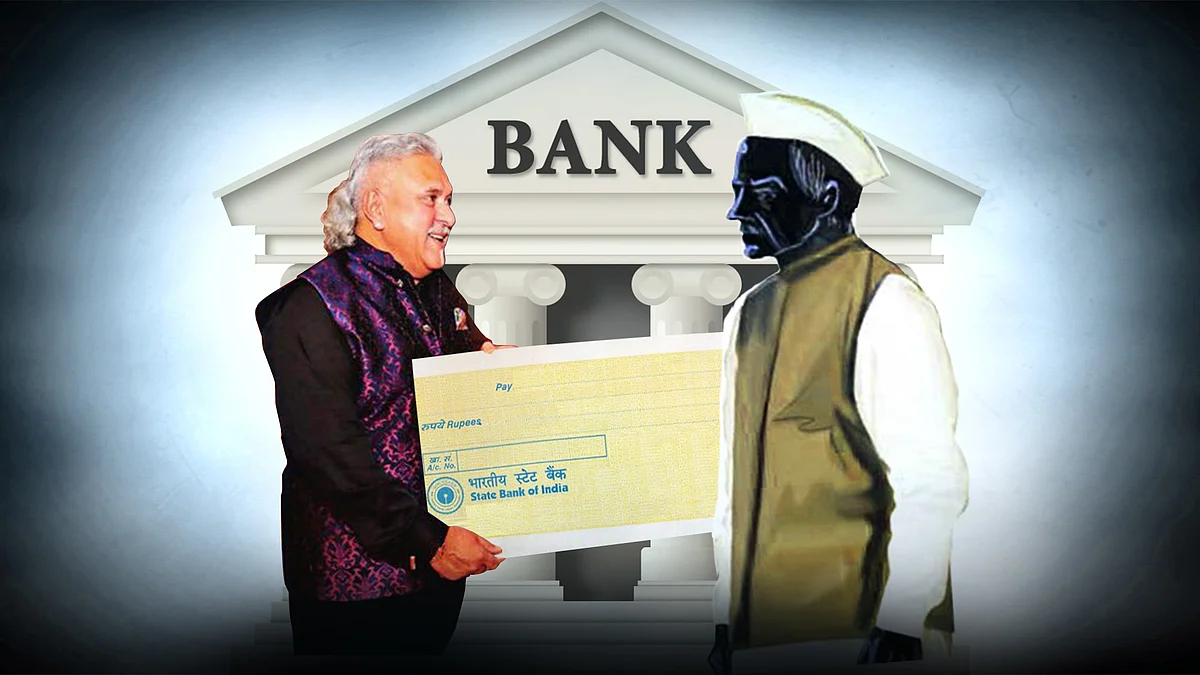Can Mallya Ease His Way Back to India by Settling With the Banks?
The Quint speaks to a senior legal expert to explore the options available to Vijay Mallya from this point onwards.
Updated:

i
advertisement
On Thursday, the Enforcement Directorate (ED) wrote to the Ministry of External Affairs (MEA) seeking assistance in bringing back liquor baron Vijay Mallya through diplomatic channels. But how successful is this effort likely to be?
Can Mallya be deported from the UK, where he is reportedly residing?
Last week, the MEA suspended Mallya’s passport on the ED’s request. According to sources in MEA, deporting Mallya from the UK is not possible because he has a valid UK residence permit. The government can move for his extradition after a Red Corner Notice is issued against him by Interpol. Due to the suspension of his passport, however, Mallya will be unable to travel to other countries and will essentially be confined to the UK.
What is a residence permit?
A residence permit is issued by a member state of the European Union (EU). It allows non-EU nationals to stay legally within EU territory. UK residence permits are issued by the Immigration and Nationality Directorate (IND). With a residence permit, non-EU nationals can extend their stay for six months or more.
On Thursday, Mallya filed an affidavit with the Supreme Court (SC), saying banks weren’t required to know about his foreign assets; information that they had asked for while granting him loans. But he said he was ready to submit the details of his overseas assets in a sealed cover to the apex court.
The Quint spoke to senior lawyer, Aman Lekin, to understand the legal complications of the Mallya case.
What legal options are left open to Mallya?
Because of the non-bailable warrant (NBW), the possibility of Mallya coming back is virtually non-existent. On the 26 April hearing in the Supreme Court (SC), Mallya has to explain to the court why he will not be returning. One of the options before him is to plead that he cannot return because of the NBW. In response, the court could say that the NBW was issued because Mallya had been avoiding summons, to which Mallya’s lawyers are likely to give a prepared answer. Mallya’s lawyers could be mulling other options too. Had the government been more cautious from the beginning, this situation would never have arisen.
Will settling bank loan debts help Mallya to extricate himself from the criminal cases against him?
The settlement of loans with the banks will not affect the criminal proceedings against Mallya. It could bring temporary relief, however; the court may cancel the NBW, and he may not be arrested. But the criminal cases against him will not be closed simply on the grounds that he has eventually paid back the loan amounts.
Can the government or the investigating agency close criminal cases against him?
If the government attempts to close corruption and money-laundering charges against him, it will again open a can of worms, because the closure of the charges will seem politically motivated. Although the investigation is at the FIR stage and no chargesheet has been filed, it would not be easy for the agencies to roll back the case. Prima facie, the CBI has already stated in the FIR that it suspects due diligence was not done in allocating loans to Mallya’s company. Hence, it is already alleged that the bank officials connived with Mallya to favour him.
SCROLL FOR NEXT